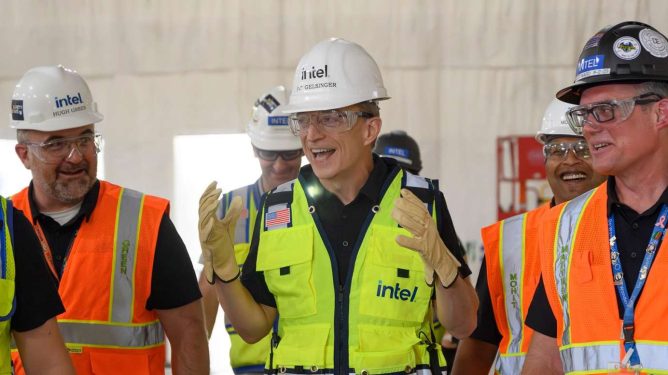A new pilot program launched by Apian, Wing, and the National Health Service (NHS) is set to bring about a significant transformation in healthcare logistics in the UK. The six-month trial will see drones delivering urgently required blood samples between two hospitals in London, with a view to reducing delivery times from over 30 minutes to under two minutes.
Background
The NHS has been exploring the use of drones for medical deliveries as part of its efforts to improve patient care and reduce costs. Previous trials have shown that drone-delivered blood samples are just as safe and effective as those transported by traditional methods. The new pilot program will see Apian and Wing working together to deliver blood samples between Guy’s Hospital and St Thomas’ Hospital in London.
Benefits
The benefits of using drones for medical deliveries are numerous. Not only can they reduce delivery times, but they also have the potential to drastically cut CO2 emissions associated with traditional transportation methods. Electric or gas vehicles will no longer be needed, making the trial an environmentally friendly initiative.
According to Dr Hammad Jeilani, co-founder of Apian, "Drones can increase the responsiveness and resilience of healthcare logistics, allowing clinicians to be more productive and patients to get the care they need sooner." The NHS drone delivery network in London has the potential to provide on-demand, automated, and sustainable deliveries, helping the NHS create more efficient models of working.
Background Information
Apian is a UK-based startup that has been working with Wing, Alphabet’s drone company, to use drones for medical deliveries. The two companies have previously partnered to deliver medical supplies in Dublin, Ireland, and Apian has also trialed medical drone deliveries in rural areas of the UK. The NHS has conducted trials in other parts of the UK and found no significant differences in the blood that was flown via drone versus traditional methods.
Regulations
The pilot program will be regulated by the Civil Aviation Authority (CAA), which will oversee the airspace concerned. The CAA has been working with the NHS to ensure that the trial is conducted safely and efficiently.
Future Plans
It’s likely that the pilot program will herald other types of drone deliveries between London hospitals. A similar trial for blood platelets is being planned, and the success of this trial could lead to a wider rollout of drone-delivered medical supplies across the UK.
Conclusion
The use of drones in healthcare logistics has the potential to revolutionize patient care in the UK. By reducing delivery times and cutting CO2 emissions, drones can help improve the efficiency and sustainability of healthcare services. The success of this pilot program could pave the way for a wider adoption of drone-delivered medical supplies across the country.
Related Topics
- Apian raises £5 million in seed funding from LocalGlobe and KHP Ventures
- Wing’s partnership with Apian to deliver medical supplies in Dublin, Ireland
- NHS trials using drones for medical deliveries in rural areas of the UK
About the Author
Mike Butcher is Editor-at-large of TechCrunch. He has written for UK national newspapers and magazines and been named one of the most influential people in European technology by Wired UK.
Related News
- Prince Harry and Meghan Markle slam Meta over its fact-checking policy
- AI chip startup Blaize to go public in 2025
- Biden administration proposes sweeping new restrictions on exporting AI chips
Subscribe
Stay up-to-date with the latest news in biotech and healthcare by subscribing to TechCrunch’s newsletter.






